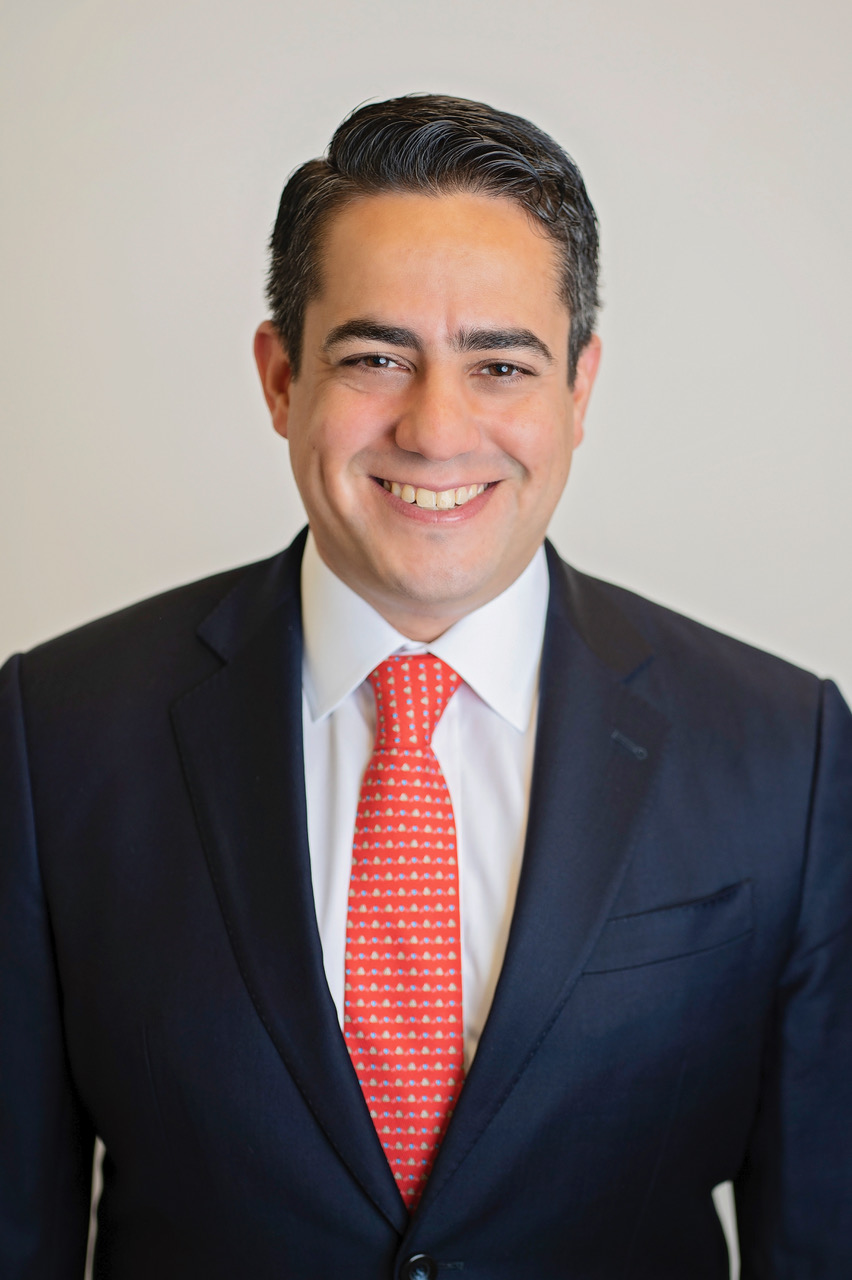Cerulli Associates’ latest report, European Distribution Dynamics 2023: Navigating Uncertainty, examines several years of growth in the European sustainable investment industry, driven by increasing demand from European investors and strong product development efforts from providers.
The product landscape has grown in size and specialization, with the assets of environmental, social, and governance (ESG) mutual funds and exchange-traded funds (ETFs) posting strong increases in recent years.
Many large managers operating in European markets consider ESG product development a primary strategic priority for 2023. However, asset managers across Europe show less-bullish growth expectations for ESG funds than in previous years.
At the European level, just 8% anticipate fast growth (greater than 10%) for active ESG mutual funds over the next 12 to 24 months, whereas 26% expect moderate growth (6% to 10%) and 58% expect slow growth (1% to 5%).
In the passive sphere, 14% of respondents expect fast growth of ESG index fund assets over the next 12 to 24 months, 38% expect moderate growth, and 43% anticipate slow growth. In addition, 12% expect fast growth of ESG ETF assets, 47% anticipate moderate growth for such assets, and 34% predict only slow growth.
“Despite muted sentiment around the growth of the European ESG market in the coming years, nearly a third of the managers at the European level consider improving their position as a leader in ESG a strategic priority,” says Fabrizio Zumbo, director of Cerulli’s European retail and wholesale asset management research.
In fact, Cerulli research shows that demand for ESG products is well established and that sustainable thematic products are set to experience high demand from retail clients over the next 12 to 24 months. Managers that can combine strong and diversified ESG processes with a robust track record, compliance attributes, and appealing narratives will be well placed to attract flows to their ESG products.
Cerulli’s research also shows that private banks in Southern Europe are increasingly open to investing in passive funds and alternatives. The majority (84%) of the private banks in Spain expect to increase the exposure to ETFs in the typical client portfolio slightly over the next 12 to 24 months, although just 8% expect to do so significantly. In addition, 76% expect demand for ETFs in Spain to increase over the same period, and 52% expect demand for index funds to increase.
In Italy, more than three-quarters (76%) of the private banks expect demand for ETFs to increase over the next two years and 52% expect demand for index funds to increase. Some 88% of private banks in Italy expect to increase the exposure to ETFs in the typical client portfolio slightly over the same period, although just 4% expect to increase it significantly. Three-fifths (60%) expect to increase exposure to index funds in their clients’ portfolios slightly and 12% expect to increase it significantly.
“A majority of the private banks in both Spain and Italy intend to increase the allocations to ETFs in their clients’ portfolios over the next 12 to 24 months,” adds Zumbo. “Private banks also anticipate greater demand for alternative investments in both markets over the same period, so we see opportunities for asset managers operating in these areas.”
In fact, in Spain, 72% of private banks expect the demand for real estate strategies to increase over the next 12 to 24 months and 64% expect demand for private equity products to increase. In Italy, 68% of private banks expect demand for private equity and real estate strategies to increase over the same period and 60% expect demand for infrastructure and private debt products to increase.



